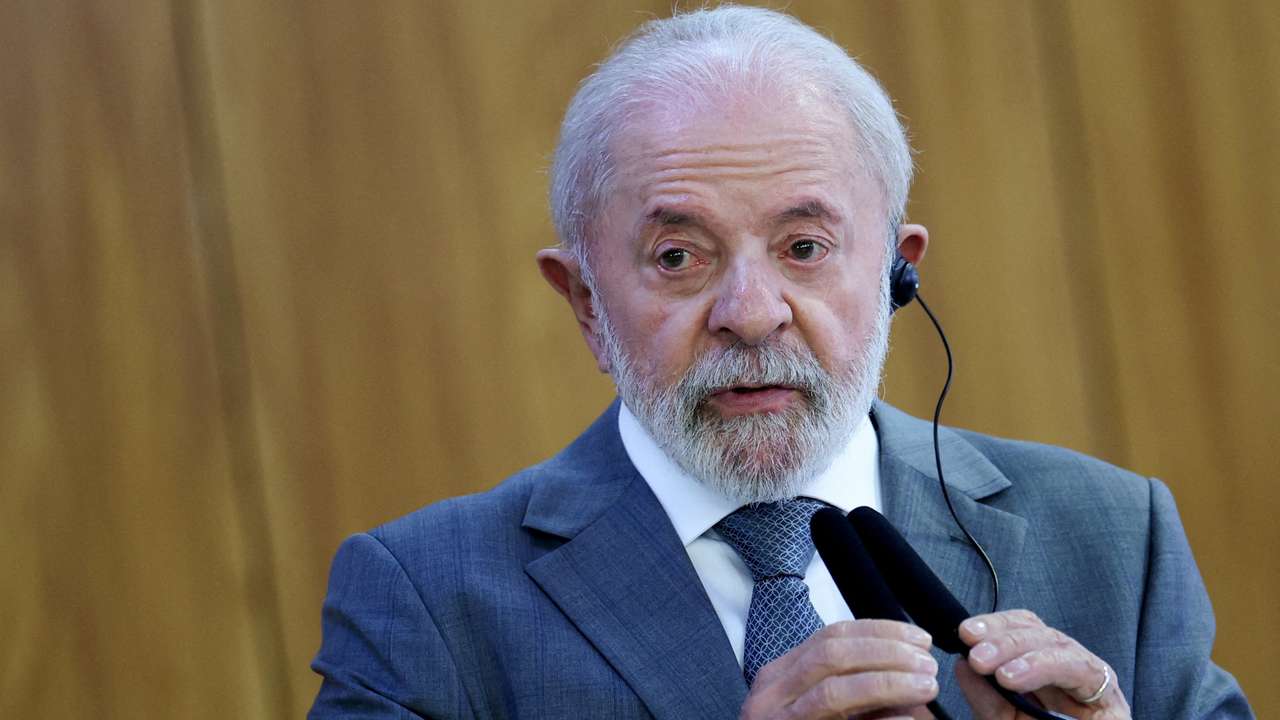Brazil Roundup: U.S. Tariffs, COP30 expectations, illegal Gambling Crackdown

U.S. Tariffs
Tensions between Brazil and the United States escalated this week following President Donald Trump’s announcement of a 50% tariff on Brazilian goods in response to legal proceedings against former President Jair Bolsonaro. Brazilian officials, including President Luiz Inácio Lula da Silva, condemned the move as “unacceptable blackmail.” The economic implications are severe, with estimates suggesting up to 120,000 Brazilian jobs could be at risk. The Brazilian Coffee Exporters Council warned that the tariffs would negatively affect producers on both sides of the Atlantic, citing mutual dependencies in the agricultural sector. Brasília is now urgently seeking diplomatic solutions to prevent further economic disruption and reputational damage, signalling it will not compromise its judicial independence to appease foreign governments.
Rare earth minerals
As Brazil finds itself caught in a deepening rift with the U.S., the Lula administration is doubling down on its geopolitical alignment with BRICS countries. Sources close to the foreign ministry revealed a strategic effort to strengthen ties with China and Russia, particularly in critical sectors such as rare earths, clean energy, and digital infrastructure. Brazilian rare earth exports to China have reportedly tripled since 2022, and new proposals are under review for co-developing mineral processing facilities. Analysts interpret this pivot as a deliberate move to diversify partnerships and reduce dependency on U.S. markets, particularly after recent tariff threats.
COP30 expectations
With less than a year to go until Brazil hosts the COP30 climate summit in Belém, global environmental leaders are looking to President Lula to step up. Brazil, which holds more than 60% of the Amazon rainforest, faces mounting pressure to deliver concrete results in combating deforestation, enforcing environmental protection laws, and accelerating the transition to renewable energy. Recent assessments from global think tanks suggest Brazil and Indonesia are uniquely positioned to reshape global climate negotiations—but only if their domestic policies align with their international pledges.
Assassination plot revealed
Security and democratic stability in Brazil were jolted this week following revelations that retired General Mario Fernandes had planned coordinated attacks against top officials, including President Lula. In testimony that shocked the nation, Fernandes confirmed his involvement in the so-called “Green and Yellow Dagger” plot, aimed at reinstating former President Bolsonaro through military insurrection. The admission has sparked widespread condemnation, with lawmakers demanding deeper investigations into the presence of extremist networks within Brazil’s armed forces. Security experts warn that these developments expose lingering threats to democratic institutions and the rule of law, underscoring the urgency for defence reform and better civilian oversight of military leadership.
Illegal Gambling Crackdown
The federal government is escalating its crackdown on illegal online gambling, turning its attention to financial technology companies allegedly providing backdoor services to betting platforms. This week, the Finance Ministry launched new investigations into fintechs that may be laundering proceeds from unlicensed betting operators. Finance Minister Fernando Haddad emphasised the importance of regulatory reform to ensure transparency in digital payments and protect the financial ecosystem from criminal infiltration. The crackdown has triggered concerns within the startup and tech sectors, with industry leaders calling for clearer guidelines to avoid overregulation.
This story is written and edited by the Global South World team, you can contact us here.